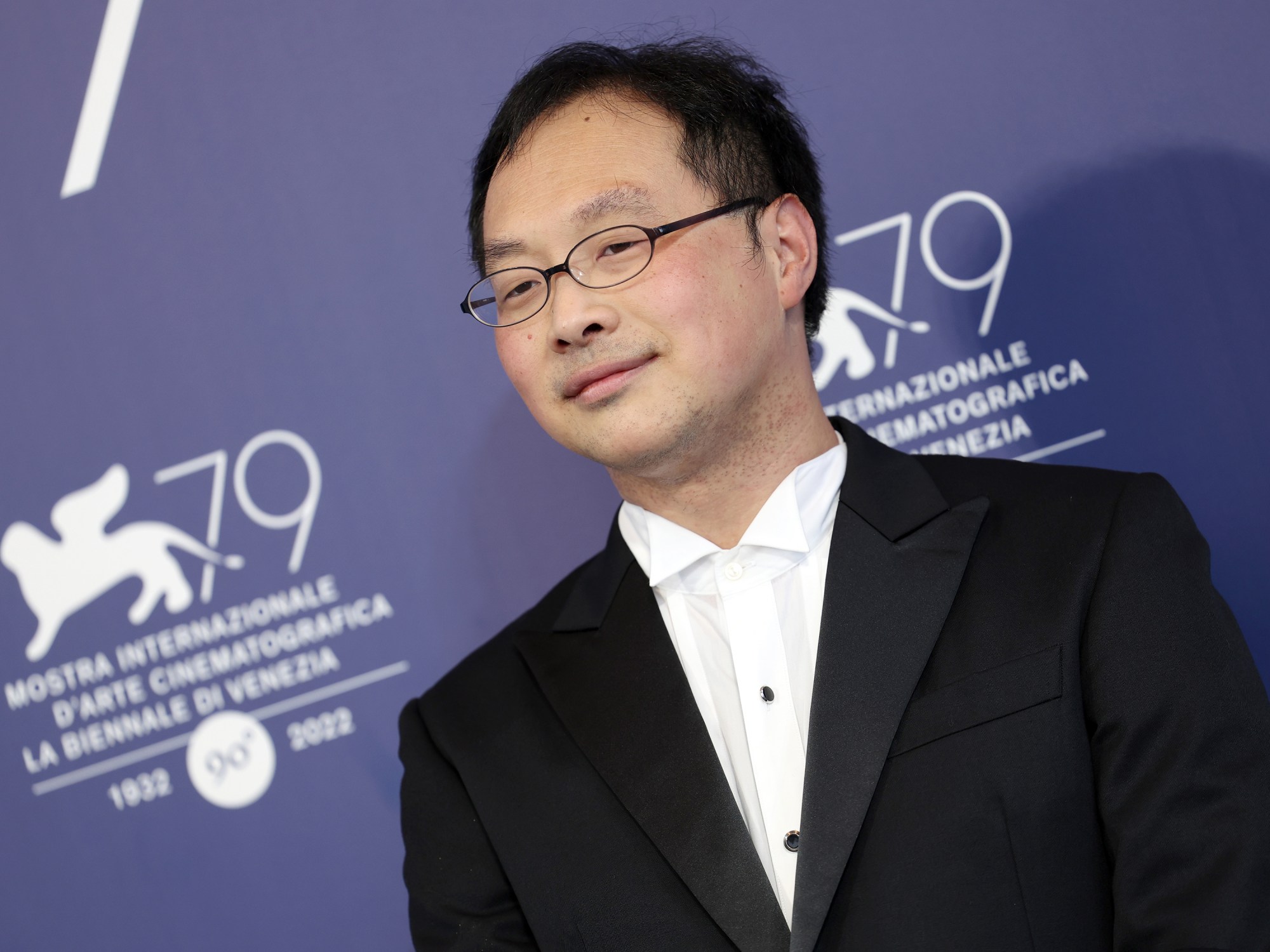
- Festivals
Venice 2022: “Love Life” by Kôji Fukada
Japanese writer and director Kôji Fukada is no stranger to international film festivals. In 2016, his film Harmonium was selected to be presented at the Cannes Film Festival’s Un Certain Regard. It won the Jury prize. In 2019, the Japan-France co-production film A Girl Missing was selected for the competitive section at the Locarno International Film Festival. Fukada’s 10th feature film, Love Life, competed at this year’s Venice International Film Festival.
Love Life is based on one couple’s trust and bond through their former partners. The main character, Taeko (Fumino Kimura), reunites with Shinji Park (Atom Sunada) her ex-husband and father of her son. Shinji is hearing-impaired and communicates through sign language. Meanwhile, Taeko’s husband, Jiro (Kento Nagayama), is also seeing an ex-girlfriend.
Director Fukada wrote the script using, as inspiration, a song titled “Love Life” released in 1991 by Akiko Yano, a Japanese musician living in New York. The song’s lyrics remained in Fukada’s mind for the past 20 years.
The Japanese director stated: “One of the motivations that kept me eager to direct this film for the past 20 years was to have this song appear in movie theaters at the best moment of the story. The music and lyrics are very beautiful. There is a memorable phrase: ‘No matter how far apart we are, we can still love’, which is about the distance between people. It’s not just a love song between a man and a woman. It can be interpreted in many different ways. It could be a family, it could be the distance between the living and the dead. Many other kinds of distance could be associated with the song. From there, I expanded the story in various ways.”
Although this film depicts a family, Fukada is adamant that family is not the main theme of his films. “People die someday, and that we are all alone is a recurring motif I want to portray”, he said. “When depicting loneliness, it is not enough to show a person alone in the desert; there are moments when we suddenly feel loneliness, even when we are with the closest of family members or loved ones. In order to portray such moments, I am trying to describe a minimal form of community, such as a family or a married couple. When the pandemic broke out in the middle of scriptwriting, and a situation arose in which we could not see people easily, the song’s lyrics acquired new significance. I thought: this is the right moment to make this movie.”
Love Life was the only film in competition from Asian countries this year at Venice Film Festival. Fukada is very pleased to bring it to Venice. However, he strongly emphasizes that fellow filmmakers from Japan and other Asian countries need to move beyond just waiting for invitations from film festivals to present their films to the world.
“I believe that film is a window to diverse cultures. One of the first things the Lumière brothers, who invented cinema, did was to send cameramen around the world and bring those images back to Paris to be screened. Film is a window to other cultures and a gateway to a diverse world. When you live in Japan, Japanese people are the majority. But, once you step out into the world, you are the minority. Film festivals play a major role in making Japanese culture known through films. I believe diversity will be attained when Asian films are not only screened at European film festivals but, also, transmitted from Asian film festivals to the rest of the world.”
In June of this year, Fukada, along with Hirokazu Kore-eda, Nobuhiko Suwa, and other filmmakers established Action 4 Cinema, a non-profit organization that aims to solve issues in the Japanese film industry and create a mutual aid system for sustainable development.
This is a system modeled after France’s CNC and Korea’s KOFIC, in which financial resources are allocated from box office revenues and other sources to be circulated within the film industry.
Despite Japan’s rich film history, the film production scene seems exhausted and an increasing number of young people are unable to dream of making films. The organization is working to support and develop the film industry from both an industrial and cultural perspective. Fukada’s presence at the Venice festival was not only due to the premiering of his latest work. He was there to raise the most pertinent issues.

